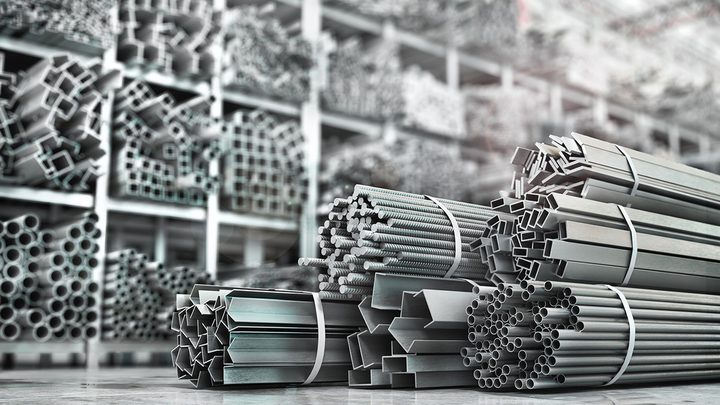India–US Trade Tensions Rise Over Steel and Auto Tariffs NMDC Limited reports a 38% drop in Q4 FY24 consolidated net profit RINL to Raise $23 Million Through Land Sales Amid Crisis

The decline in the number of ships arriving in Alang for dismantling has had a knock-on effect on the rerolling mills in Sihor, a 50-kilometre-away cluster that previously produced thermal, mechanical treatment (TMT) bars from scrap obtained from the shipyard.
The mills, compelled to import more scrap despite fierce competition from neighbouring states with lower electricity, cannot produce TMT bars straight from the plates coming from Alang.
Rerolling mills have been compelled to import scrap for TMT bars due to their strength. TMT bars are regarded as premium steel and are utilised in the infrastructure and construction sectors. The authorities outlawed the direct usage of Alang scrap plates to make TMT bars.
However, after melting and converting them into scrap, these plates can be used in rerolling mills. However, the mills in Sihor don’t get an adequate supply of raw materials from Alang, where the number of ships has drastically reduced.
According to the industry association, several mills in Alang closed down five years ago, while many others have embraced new machinery to produce TMT bars, meeting the standard from scrap. New 60 induction furnace units have been established in Sihor, producing ingots and billets for rerolling mills.
A rough estimate suggests that Sihor needs 3,000 tonnes of raw material daily, with 400 tonnes sourced from Alang, 600 tonnes from domestic scrap, and the remaining 2,000 tonnes imported. Haresh Patel, president of the Sihor Steel Re-Rolling Mills Association, said, “If Alang gets more ships, we get more scrap, and we can reduce our dependency on imported scrap.”
Nevertheless, the scrap industry is encountering tough competition from Maharashtra, Madhya Pradesh, and Chhattisgarh. “The TMT bars manufactured in Raipur, Jalana, and Nashik are dumped in Gujarat. These regions benefit from inexpensive electricity, possess iron ore mines, and some of the facilities have captive power plants. We are unable to endure the competition posed by them.”
“We have repeatedly approached the government to supply us with affordable electricity and to mandate government contractors to use 50% material from Gujarat-brd industries in infrastructure projects,” said another office-bearer of the association. The rerolling mills in Gujarat are operational in Sihor, Kutch, Mehsana, and Ahmedabad.
Also Read : Centre asked Jharkhand to auction 10 mining blocks, warned if state fails to do so, it will proceed Chhattisgarh govt reinstates e-permits for coal transportation